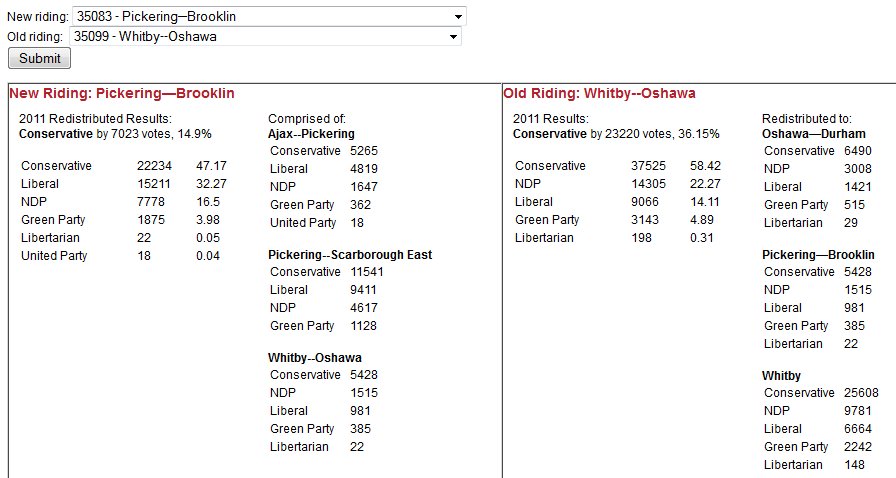In the National Post, James Careless discusses the worst politician in Canadian history, the man who urged invaders to burn down his own constituency on their retreat:
Joseph Willcocks was an admired and effective member of the Upper Canada parliament for Niagara when the War of 1812 broke out. He quickly applied his skills to the war effort, convincing aboriginal warriors in his area to fight for the British. He earned the gratitude of the great British Army officer Sir Isaac Brock for his effort and fought alongside Brock at the Battle of Queenston Heights.
By all accounts he fought bravely. But as the war raged on, Willcocks decided to switched sides, joining the Americans who had overrun his Niagara riding. He created a turncoat regiment called the Canadian Volunteers who spied on Upper Canadians still loyal to the British, imprisoned their men and plundered their farms.
When the Americans retreated from Niagara in December 1813, Willcocks urged them to burn the village to the ground. This the Americans did, turning families out into the snow with the Canadian Volunteers’ eager assistance.
“This act of treason made Willcocks the only MP in history to burn his constituency,” says Sarah Maloney, managing director/curator of the Niagara Historical Society & Museum in Niagara-on-the-Lake (formerly Niagara). “His betrayal is unprecedented in our history.”
“Willcocks was certainly Canada’s worst-ever politician,” says Peter Macleod, pre-Confederation historian and curator of the Canadian War Museum’s 1812 exhibition. “But he was more than that. Willcocks was and still is Canada’s arch-traitor.”
Update, 24 May 2013: This was posted as a comment by Bryan Kerman, but comments are automatically closed on posted items after a few days, so it didn’t get added to the comment thread.
Sorry to surprise you but the article on Joseph Willcocks is misleading and covers up the big STATE LIE about him.
To whit:
1. He did not go willingly to the Americans but was run out by some prominent Tories, part of what would be called the Family Compact shortly afterwards.
2. He essentially fought his war within a war to hurt the Tories and otherwise political enemies who had caused him to flee.
3. His treason by taking up arms has provided convenient cover for 200 years to those who caused his expulsion and thence violent response.
These conclusions based on new evidence I have found is given in the ‘Introduction’ to my book Democrats and Other Traitors (Amazon) and throughout the novel.
Mr. Kerman’s book is listed on the Offorby Press website here.




